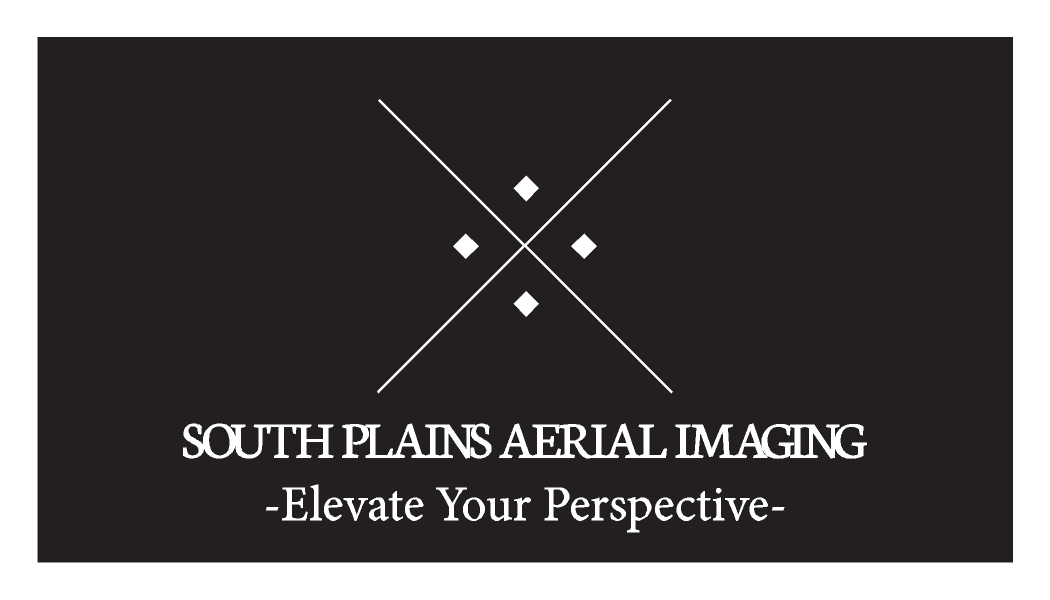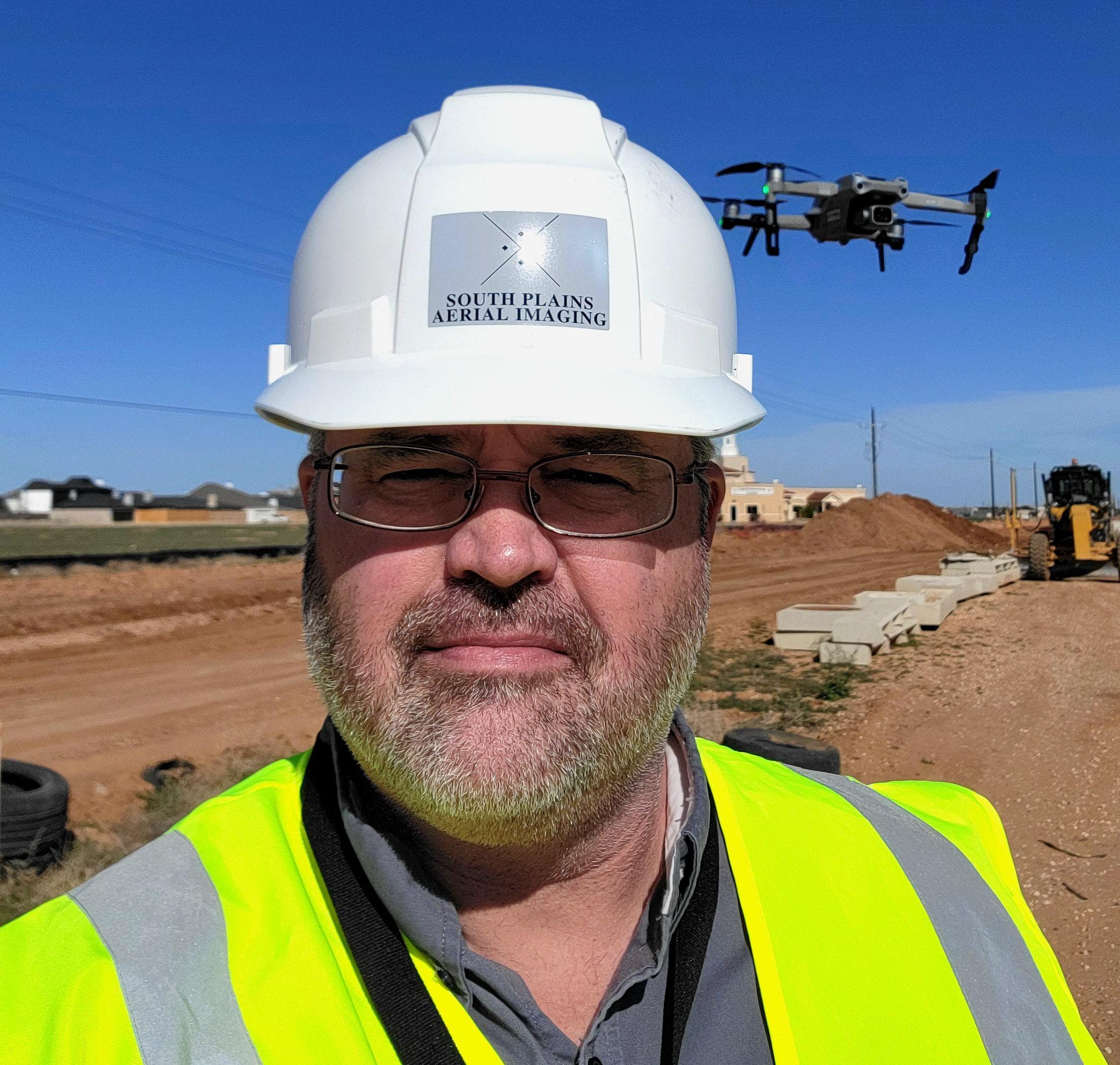A few years ago, the mere mention of drones conjured images of remote-controlled toys buzzing around parks, capturing aerial footage for enthusiasts and curious onlookers. They were seen as novelties, cool gadgets for the tech-savvy. However, as these unmanned aerial vehicles (UAVs) steadily made their way from hobbyists’ hands to the forefront of commercial applications, questions arose: Why should someone need a license to operate what appears to be a mere gadget? Aren’t they just glorified toys? These questions have been repeatedly raised, but the answers might just surprise you.
Drones, despite their origins as recreational gadgets, have transformed into sophisticated tools with a multitude of applications. From aerial photography and videography, to aerial inspections, to agriculture and surveying, drones have become integral in various industries. With this transformation came the realization that, much like any piece of technology, these devices require regulation to ensure safe and responsible operation. This necessity came into sharp focus through a series of incidents across the United States, where improper drone use resulted in accidents, incursions into controlled and restricted airspace, near-collisions with manned aircraft, and even potential threats to national security.
The FAA, tasked with ensuring the safety of flight and the flying public, recognizes that the expansion of drone usage demands comprehensive regulation. The primary goal of the FAA, is to prevent accidents and protect all aspects of aviation. Integrating drones into the regulatory framework is not just a bureaucratic formality; it’s a strategic move to safeguard the skies from potential hazards. Drones, despite their compact size, can pose significant risks if operated irresponsibly. The FAA’s commitment to regulating drones is intertwined with their mission to uphold the highest standards of safety in the National Airspace System. In response to the growing need for regulation, the Federal Aviation Administration (FAA) established Part 107 in 2016. This set of rules and requirements governs the operation of small unmanned aircraft systems (sUAS) for commercial purposes. Part 107 mandates that drone operators obtain a Remote Pilot Certificate to fly drones legally in the national airspace system. This certification isn’t handed out lightly; it demands a deep understanding of aviation regulations, flight procedures, airspace operations, aviation communications, air traffic control procedures, aeronautical charts, aerial navigation and aviation weather.
The misconception that drones are nothing more than fancy toys needs to be dispelled. In the eyes of the FAA, drones are registered aircraft, just the same as the commercial airliners that transport passengers every day. They are held to the same standards as any other aircraft operating within the National Airspace System. This perception shift emphasizes the importance of proper training and certification for drone pilots. Just as airline pilots undergo rigorous training to ensure the safety of their passengers, licensed drone operators uphold the same principles for those on the ground and in the sky.
So why hire a licensed drone operator? As businesses and individuals realize the potential of aerial imaging and data collection, the demand for drone services is booming. Hiring a licensed drone operator offers a level of expertise that ensures safe and legally compliant operations. Licensed pilots are well-versed in the intricacies of airspace operations, aviation regulations, weather considerations, emergency procedures, and more. This expertise not only safeguards the mission’s success but also prevents accidents and legal complications. While it might be tempting to cut corners, save money, and hire an unlicensed drone pilot, it’s crucial to understand the legal implications. Operating a drone without the proper certification is a violation of federal regulations. Moreover, companies that employ non-licensed pilots may find themselves liable for any accidents or incidents that occur during a drone operation. By adhering to the guidelines set forth by Part 107, individuals and businesses can mitigate risks, ensure compliance, and maintain the highest standards of professionalism.
Although, there will be someone that will always view drones as toys, the overall shift to recognizing them as integral tools for various industries underscores the importance of licensed drone pilots. The incidents that prompted the establishment of Part 107 in 2016, including instances of unauthorized flights near airports, unauthorized incursions into controlled airspace, and close encounters with manned aircraft, serve as stark reminders of the need for regulation in an evolving technological landscape. As drones continue to redefine what’s possible, the sky becomes a realm of both opportunity and responsibility, and licensed drone pilots stand as the gatekeepers of safety and expertise in this exciting frontier.

